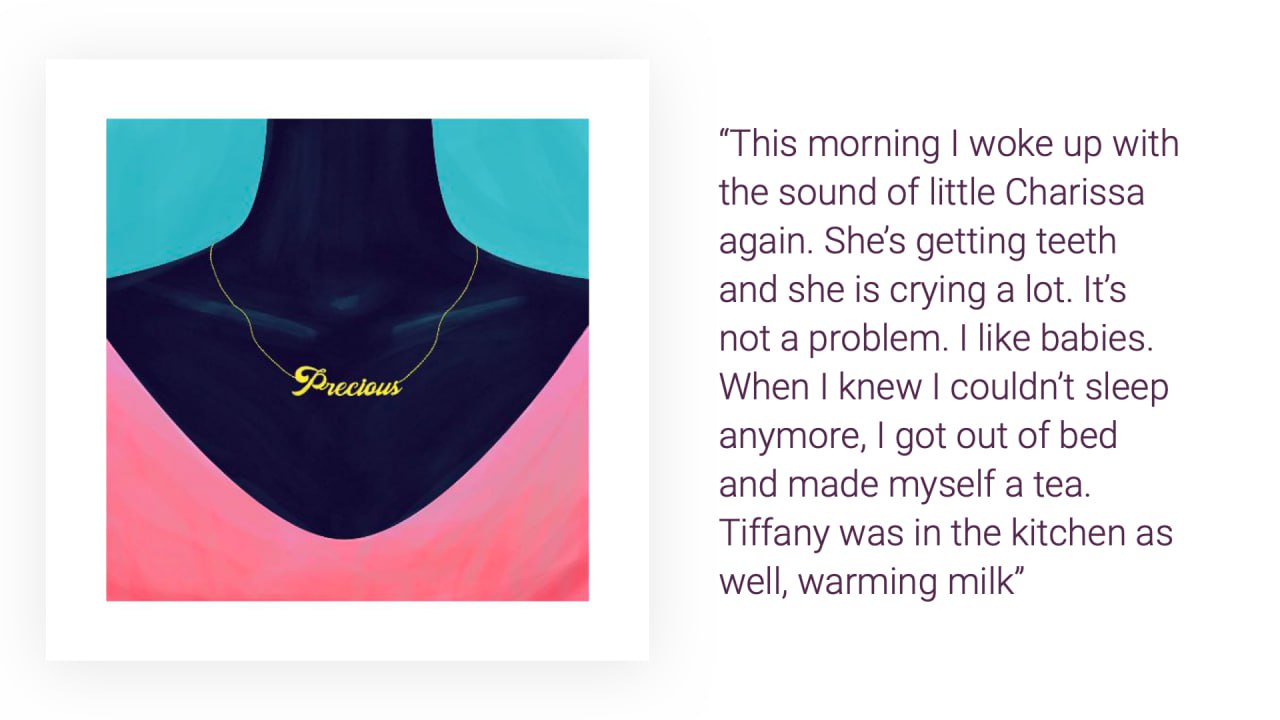Participatory Diagnosis


This service aims to carry out a participatory reflection process within an organisation, providing tools and models to promote it.
To do so, it is necessary to provide a historical overview, establish an ethical framework that prioritises marginalised voices, provide an analysis of key issues and, finally, put forward a set of recommendations that will help the organisation to make the analysis and the drawing of conclusions more dynamic in a participatory way.
The research involved in this Participatory Appraisal allows us to become aware of the complex and sometimes difficult realities of keeping an open organisation alive and coherent. However, it also provides the opportunity to rethink what that means through conversations with everyone.
Better gobernance
Privilege consciousness
Oportunities for improvements
Inclusive participation
Taking on complexity
Visualization of challenges
As a first step in developing a good strategic accompaniment, at Platoniq we are committed to a participatory diagnosis of the organisation’s challenges and opportunities, through a series of semi-structured interviews and discussion groups that inform the recommendations for the strategic design. In this way, we obtain the necessary consensus and sense of belonging in order to set out the organisation’s future challenges.

These interviews are anonymised and transformed into fictional tales so that they can inspire new narratives, which allow us to imagine how to put structures and networks in place for the participation of all members of an organisation, reflecting all its diversity.
The fictionalised interview has great potential to build bridges between people. For this reason, both in the project for the Wikimedia Foundation and CultureLabs we are committed to storytelling as a key element in the design of our methodology.
You can consult the final report (White Paper) of the Participatory Diagnosis we carried out for the Wikimedia Foundation.
A second project in which we used this methodology was CultureLabs, a project we embarked on together with other entities to develop a methodology to support the co-creation of participatory activities focused on cultural heritage.